Companies and Brands
15 Massive Companies That Have Received Billions From The Government
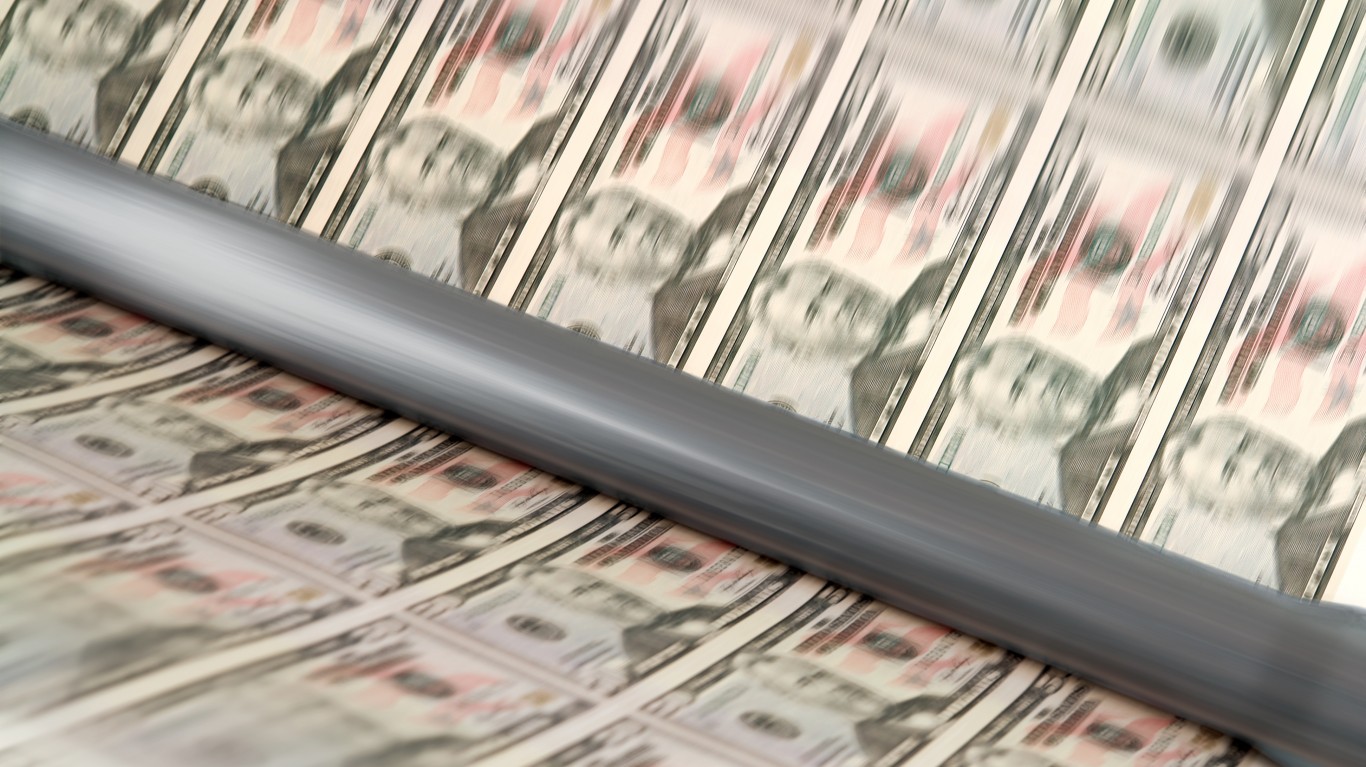
Published:
Last Updated:

There are few things that can unite the average American more than struggling to make ends meet while hearing that multi-billion-dollar corporations are receiving generous amounts of government handouts.
It is frustrating to hear about how much money the government gives out to massive companies while those same companies pay obscene executive salaries, make multiple stock buybacks every year, and fire thousands of employees, all while some pay little to no taxes on their resulting profits.
But what companies are the biggest offenders? Which of the biggest companies in America are suckling at the teat of government generosity and benefiting from the efforts of their well-paid lobbyists and corrupted elected officials? Here we will look into 15 of the biggest companies that have received at least three billion dollars from the United States government.
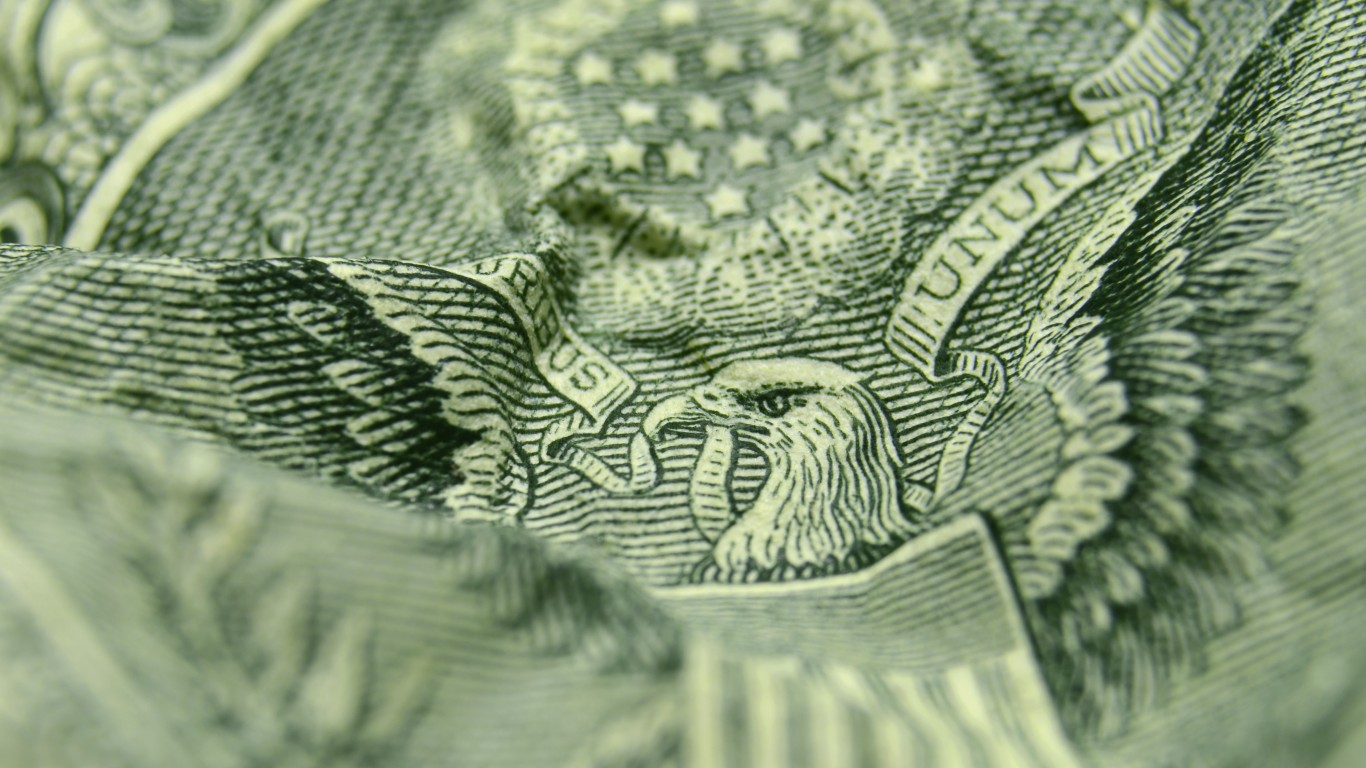
While some companies on this list might be new, the problem is not. In the 1960s, the issue of government subsidizing companies was known as “socialism for the rich, capitalism for the poor”. After the 2008 financial crisis, it was called “privatizing profits and socializing losses”.
But how do we define a government handout, also known as corporate welfare? It is difficult to delineate the boundary between necessary incentives or good-will financial support for the good of the country and profit-driven corruption, crony capitalism, or run-of-the-mill greed.
There are several ways for companies to benefit from government corruption and generosity. There are times when the government will cover the cost of something that a company should pay for itself, like new football stadiums. There are other times that the government can pay more than what a particular product is worth, or offer contracts for things that it doesn’t necessarily need, like with defense contractors or aviation and space technology. There are also valuable tax breaks and deals that allow companies to write off significant profits or losses and essentially pay no taxes. And finally, there are indirect benefits of government programs that companies take advantage of, like welfare.
For example, McDonald’s (NYSE:MCD) and Walmart (NYSE:WMT) are both among the top companies that employ the most people who rely on Medicaid and food stamps in order to make ends meet. What does this mean? It means that millions of people in the country, many of them employed full-time at Walmart and McDonald’s cannot survive on the wages of their job, so the government has to make up the difference. These two companies expect (and rely on) the government to pay their employees, essentially subsidizing their wages, while they make billions in profits every year.
For this list, however, we will look only at direct subsidies paid to companies. We used information available at Good Jobs First, CNBC, and other reliable news organizations that use data available in public disclosures and financial reports.
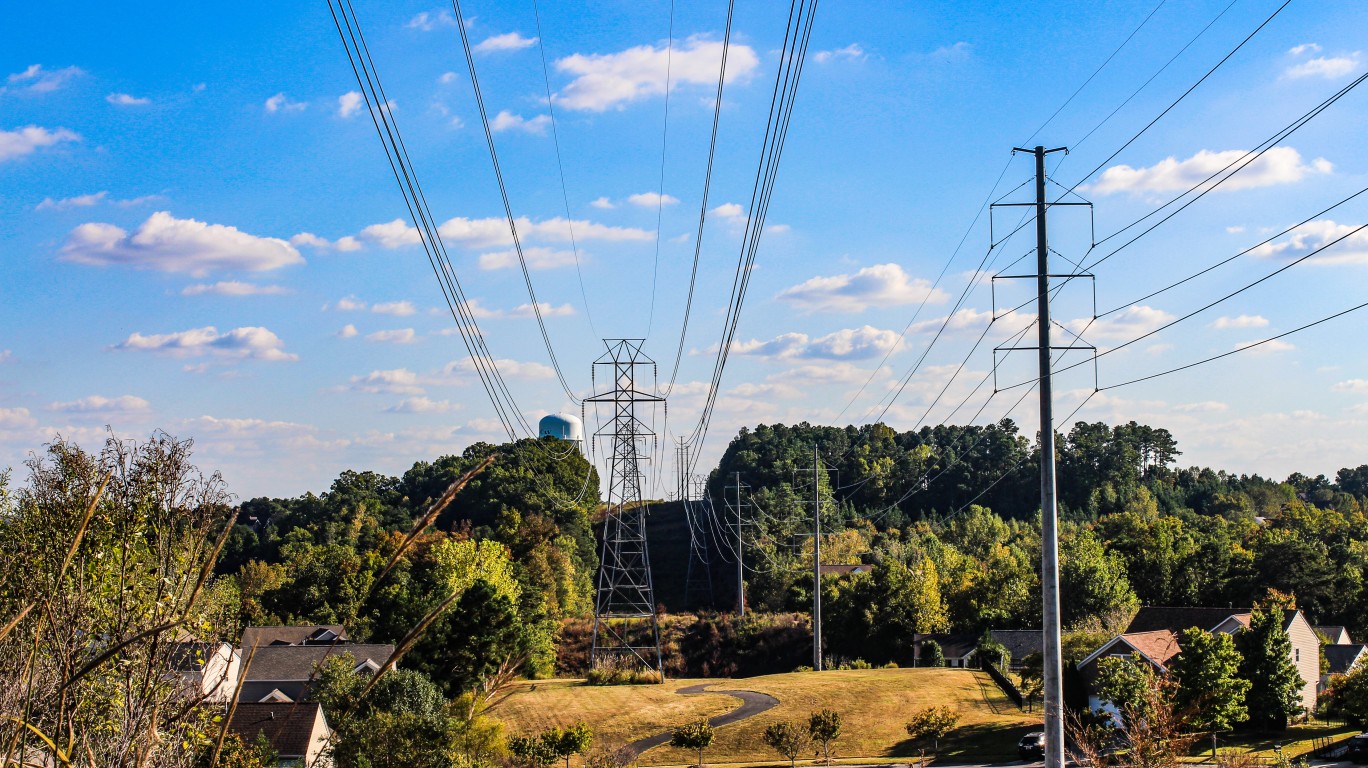
NextEra Energy is an energy company that generates electricity from fossil fuels and generates over $18 billion in revenues every year. It is the largest electric utility company in the world by company value, being worth over $120 billion in 2023. It owns several energy companies throughout the United States and Canada. One might wonder about how a utility company can act morally and ethically when it is driven by profits and receiving billions in government welfare.
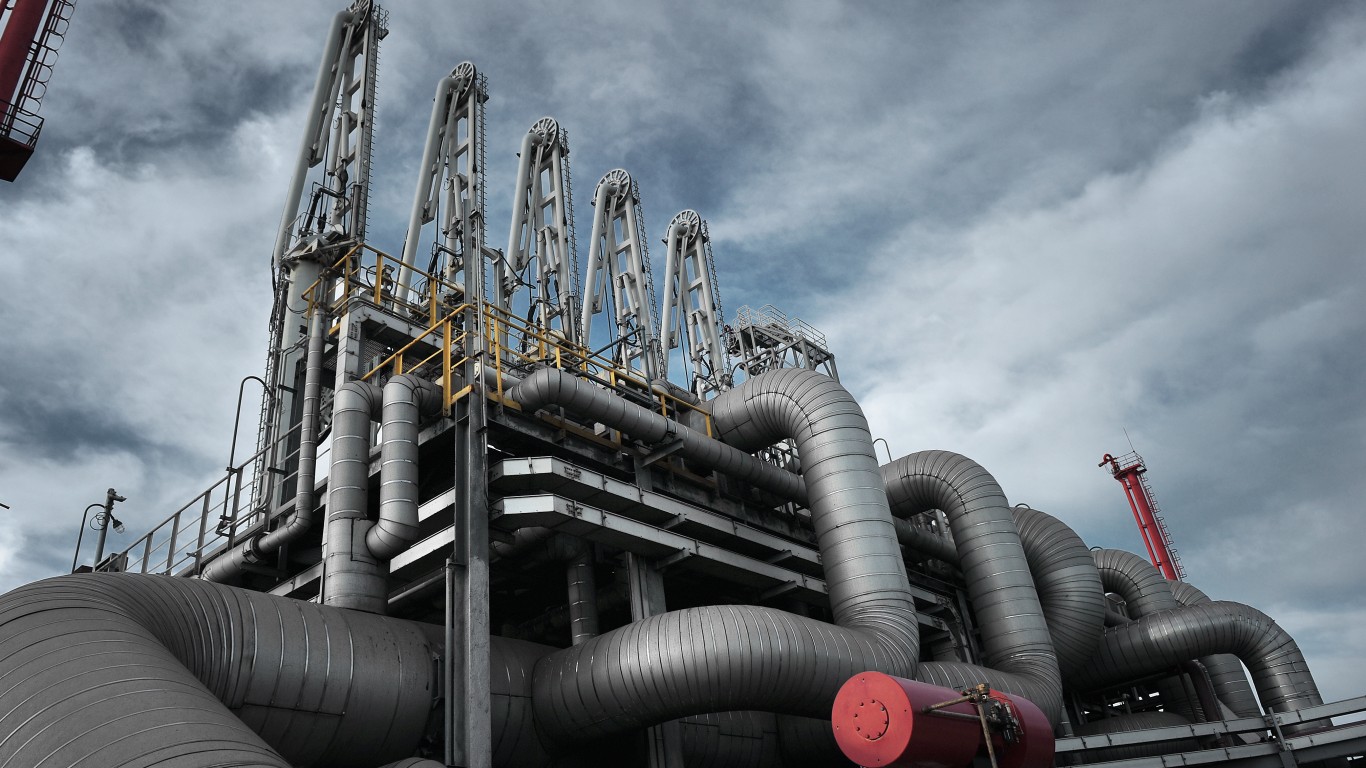
Venture Global LNG is a supplier of liquefied natural gas produced in the United States. It primarily operates out of four Louisiana export terminals. In 2021, Venture Global announced that it had secured a twenty-year deal with China to supply gas to the country.
Of all the companies on this list, this was the most difficult to research, and for good reason. Information is difficult to find and harder to verify. The United States Federal Energy Regulatory Commission recently announced that they are asking Venture Global to explain why most of its filings regarding one of its U.S.-based terminals are all confidential.
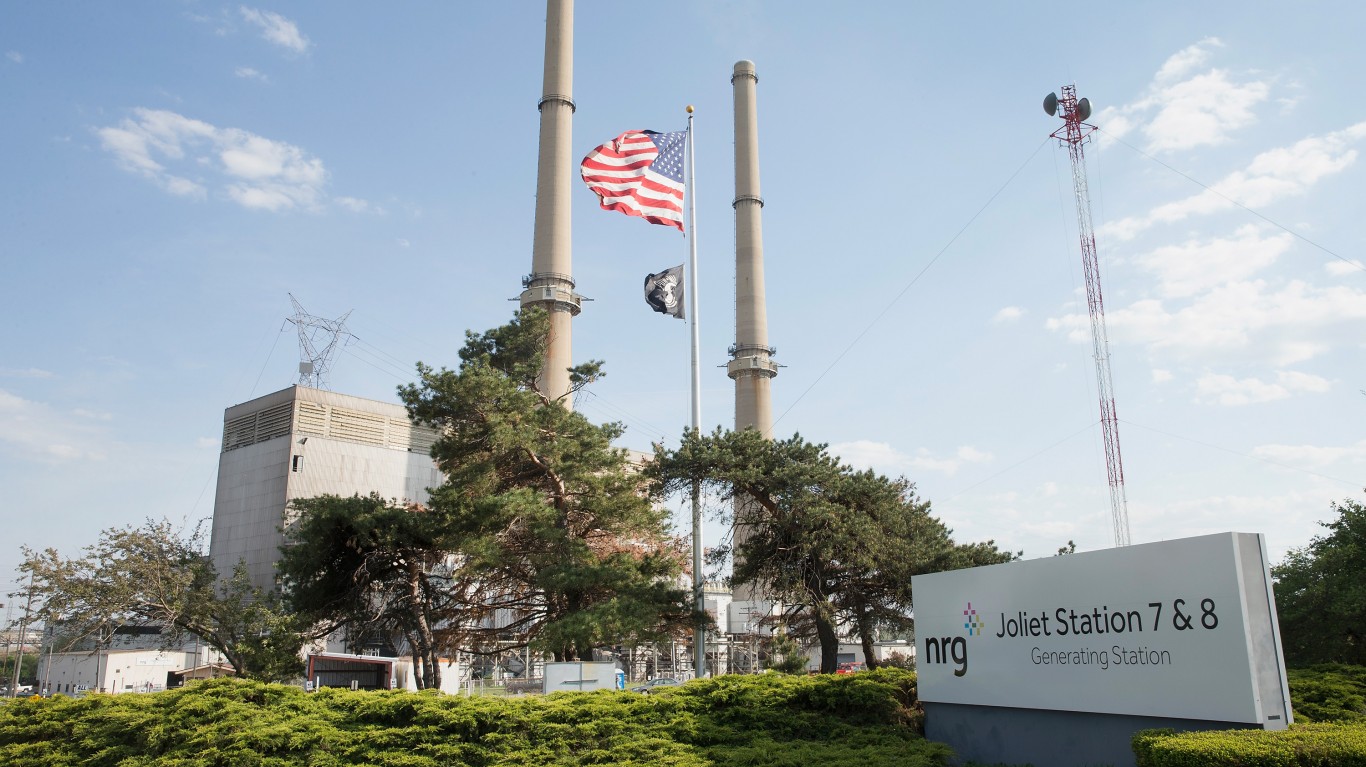
NRG Energy is an energy generation and retail electricity company based in Houston, Texas. It has over 7 million customers in over 24 states. It owns several other energy subsidiaries and operates 40 power plants. NRG generates electricity from fossil fuels and sustainable and renewable energy like wind farms, solar farms, and nuclear power plants.
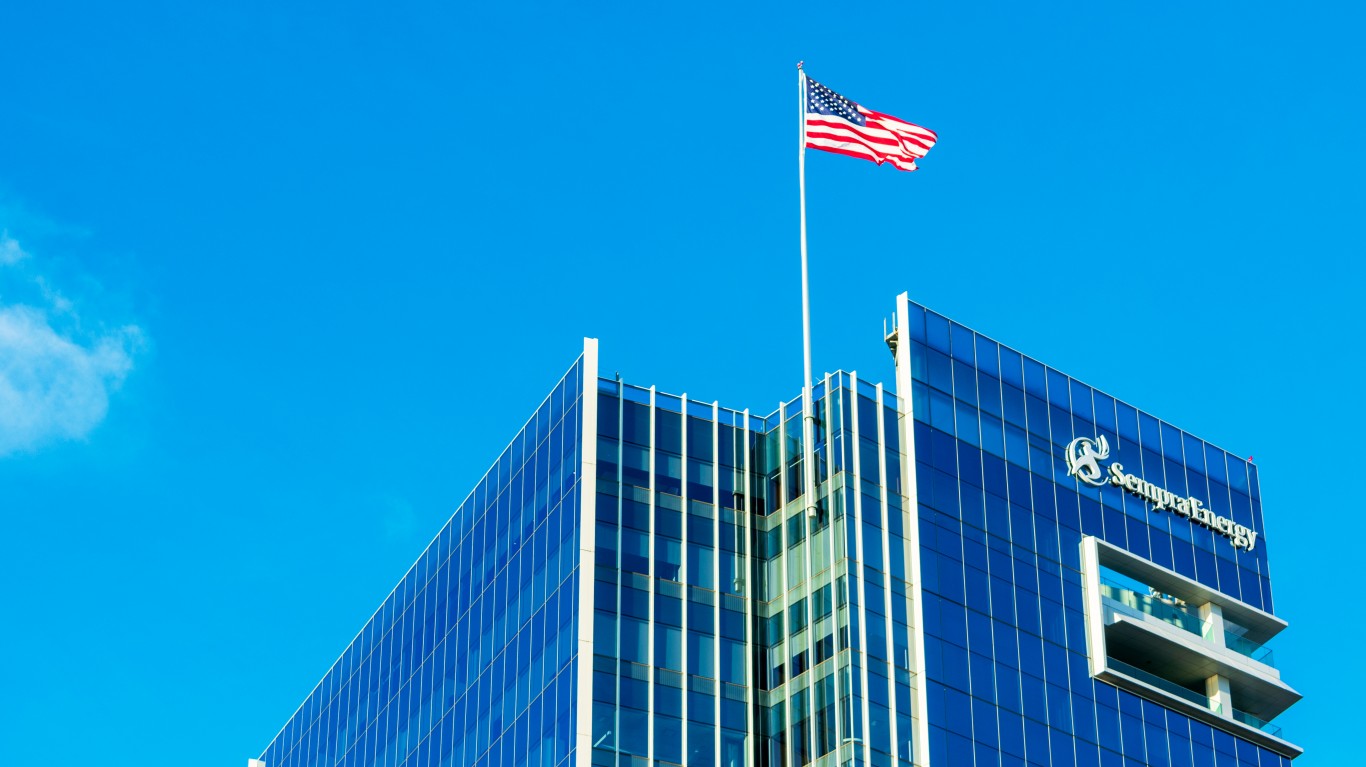
Yet another energy company, Sempra Energy is a San Diego-based utility company and one of the largest utilities holding companies in the United States with more than 40 million customers. It focuses on natural gas and electricity production. Sempra owns several subsidiaries in the United States and a handful of South American companies. It is one of the largest energy companies in the world with over 20,000 employees and $78 billion in assets in 2022.
This success isn’t without controversy, of course. It has been sued over accusations that it manipulated gas supplies and electricity prices.
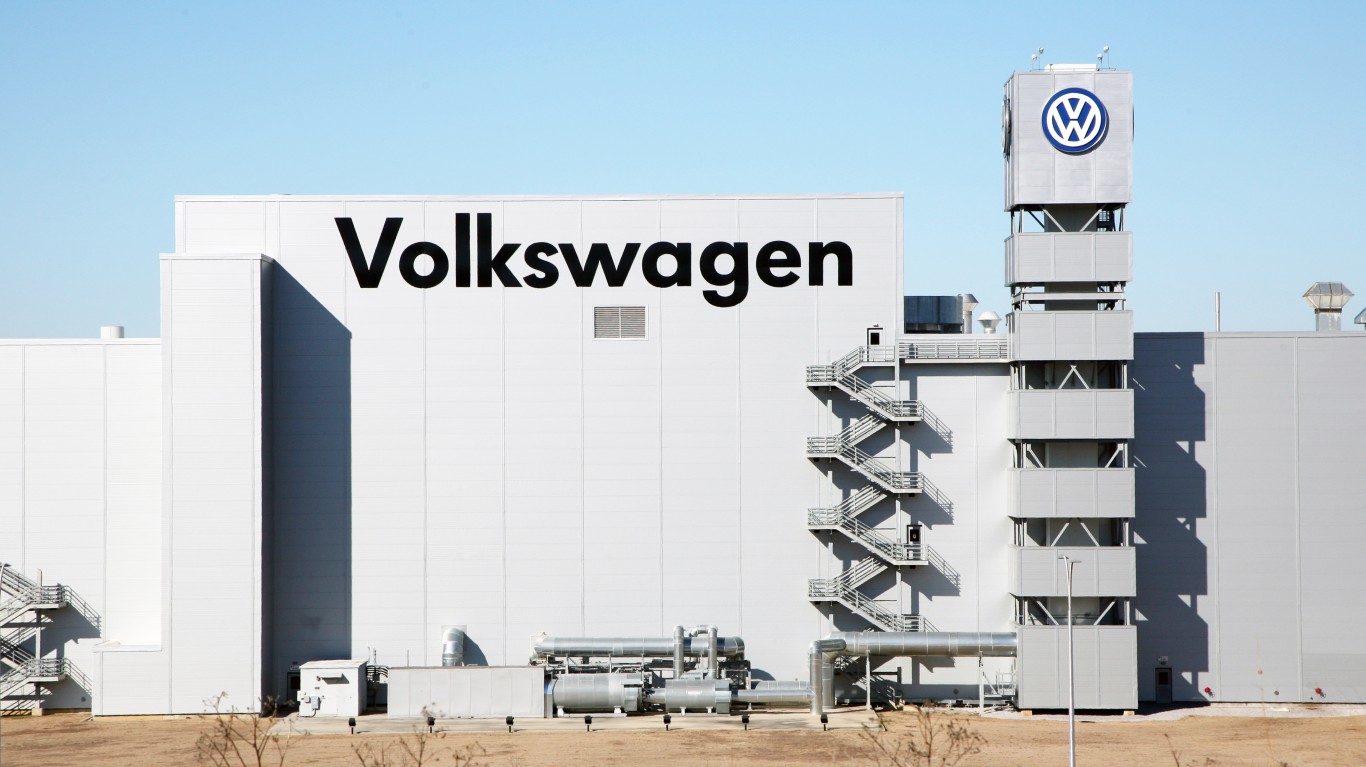
Surprisingly, Volkswagen, the world-renowned and Germany-based automobile company, almost breaks the top ten of our list. Most of the subsidies paid to Volkswagen have come from states, not the federal government. The top payers are South Carolina with $1.3 billion paid, followed by Tennessee with almost $1 billion, and Michigan with just over $700 million.
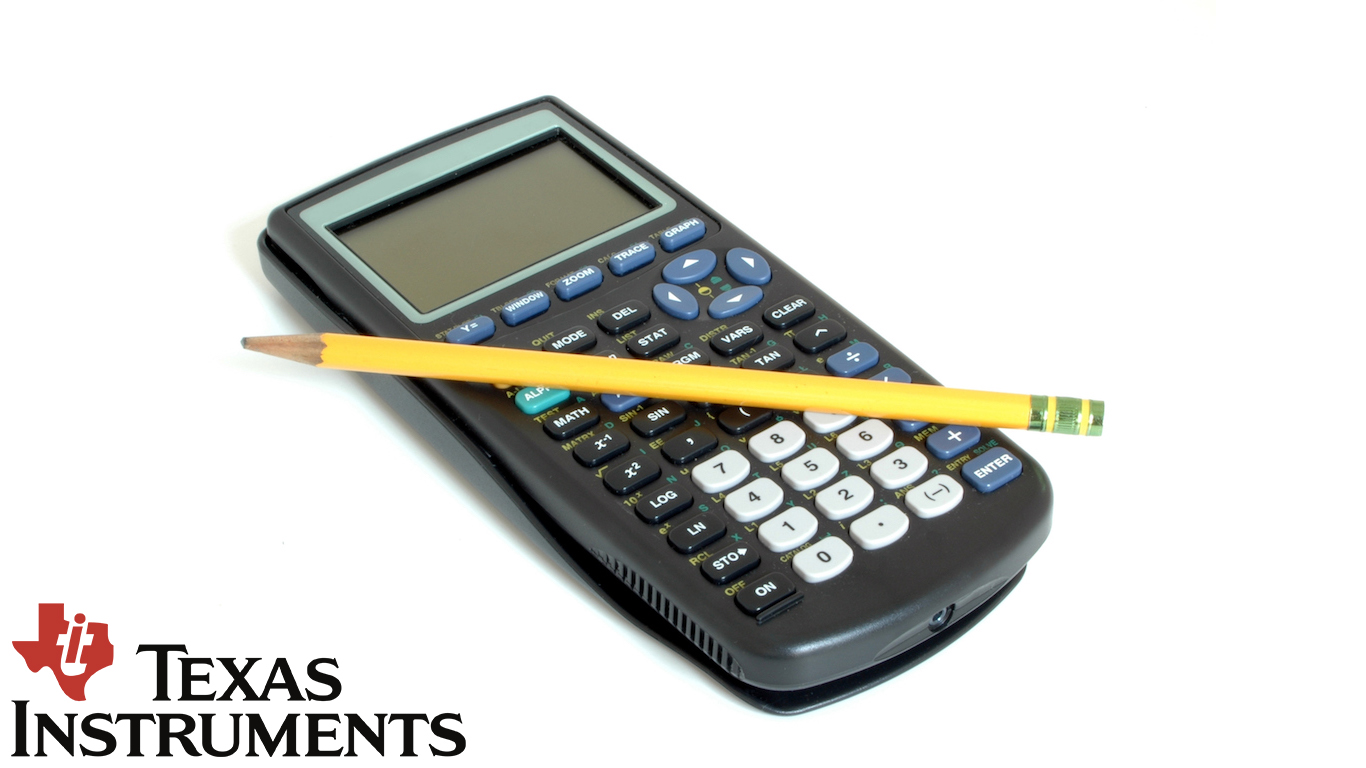
Texas Instruments is a Dallas-based semiconductor producer. Most of its revenue comes from the development of chips and processors and holds over 45,000 patents. In 2023, Texas Instruments had over $17.5 billion in revenue and 34,000 employees. Many of Texas Instruments’ products are used in consumer electronics and computers, industrial sensors and controls, and defense technology like radar systems, missiles, bombs, military computers, and much more.
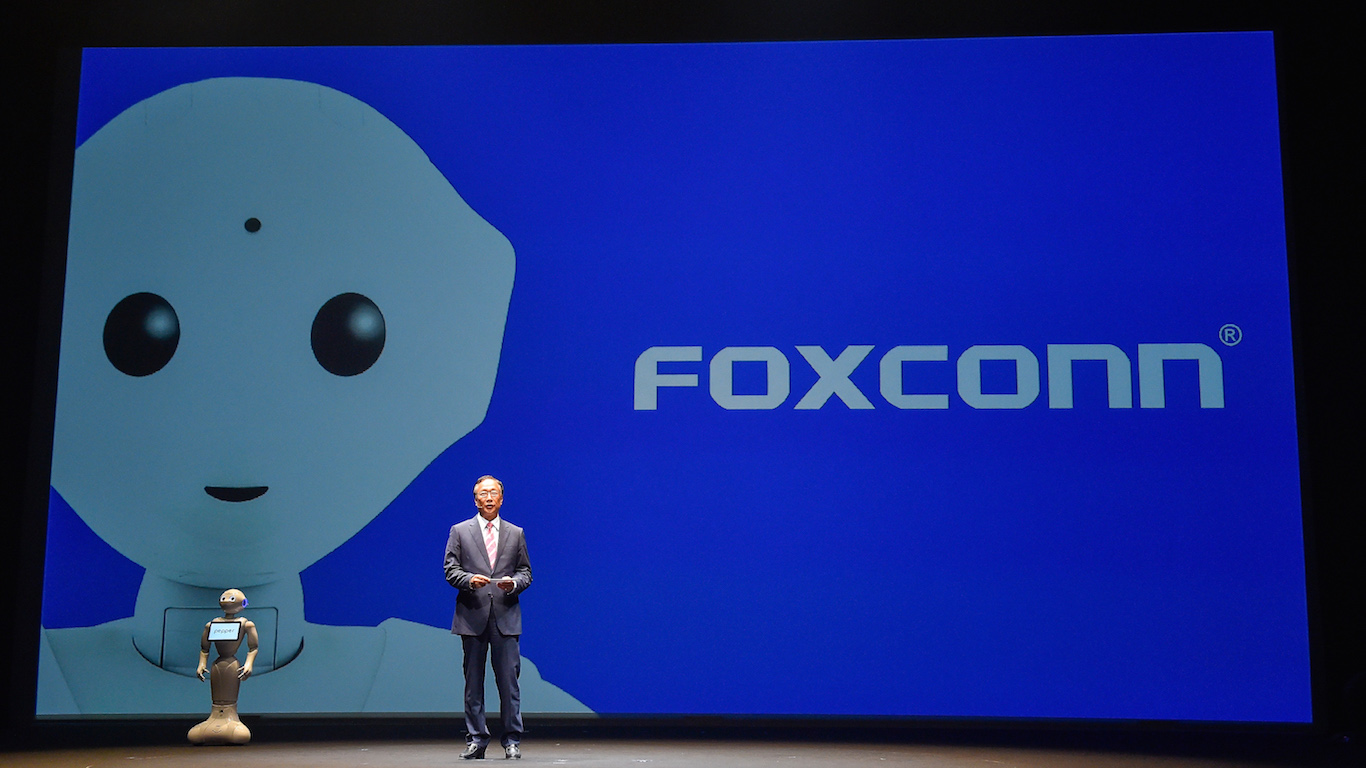
Our first foreign company on the list. Foxconn is the international name of Hon Hai Precision Industry Co., a Taiwanese electronics manufacturer. It is the largest contract electronics manufacturer in the world and earns most of its revenue from operations in China. It owns several subsidiaries around the world and has over 767,000 employees as of 2022. Annual revenue reached over $213 billion in 2022 with over $133 billion in total assets.
Foxconn has been the target of several controversies including extreme and inhumane working conditions at its locations, high rates of suicide among its employees, and food poisoning at one of the company-provided hostels.
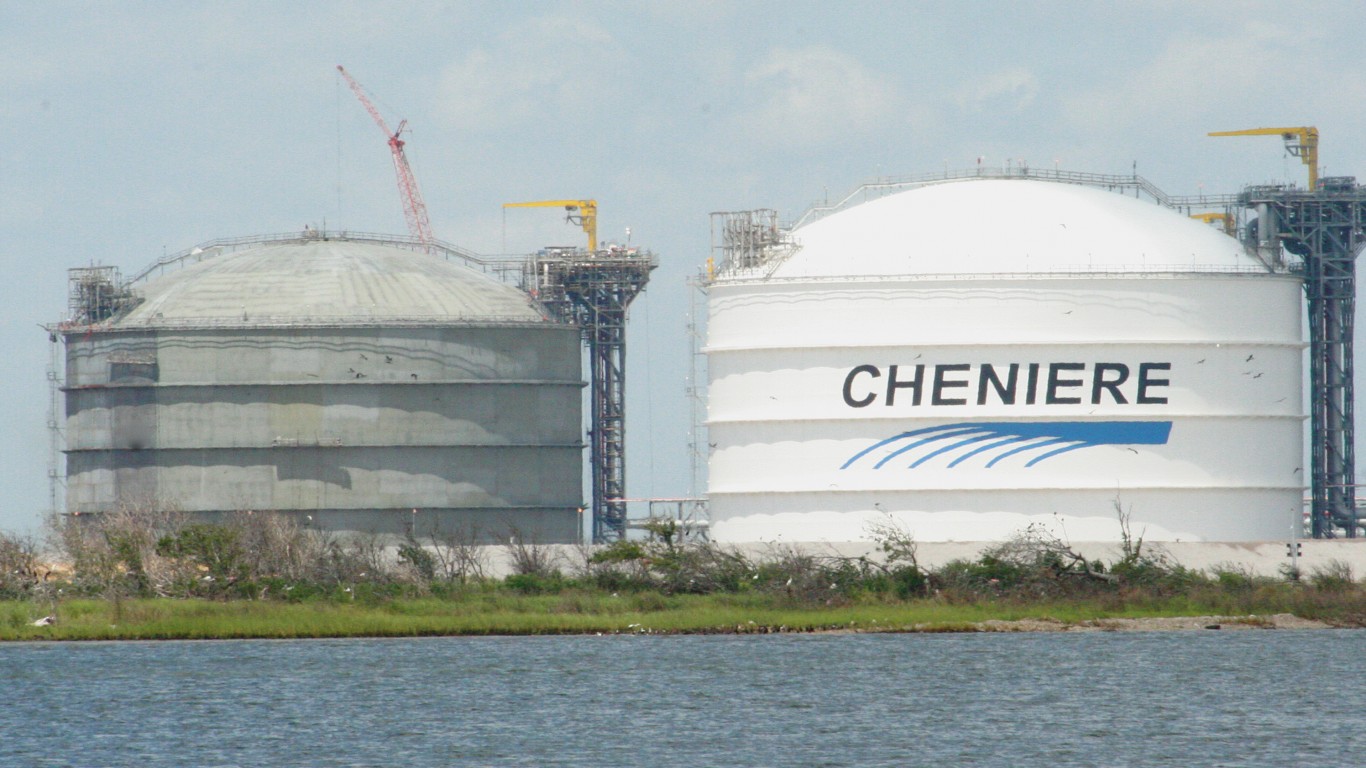
Cheniere Energy is another liquefied natural gas supplier based in Houston, Texas. It was actually the very first American company to export liquefied natural gas to countries abroad in 2016. Cheniere signed a contract with Chinese-owned CPC Corporation, Taiwan in 2018 to supply natural gas for 25 years to Taiwan for $25 billion.
Cheniere had a net income of over $1.4 billion in 2022 and has over 1,500 employees. Originally an oil and gas company, recent increases in natural gas production and consumption led Cheniere to transition entirely into natural gas and has seen explosive growth ever since.
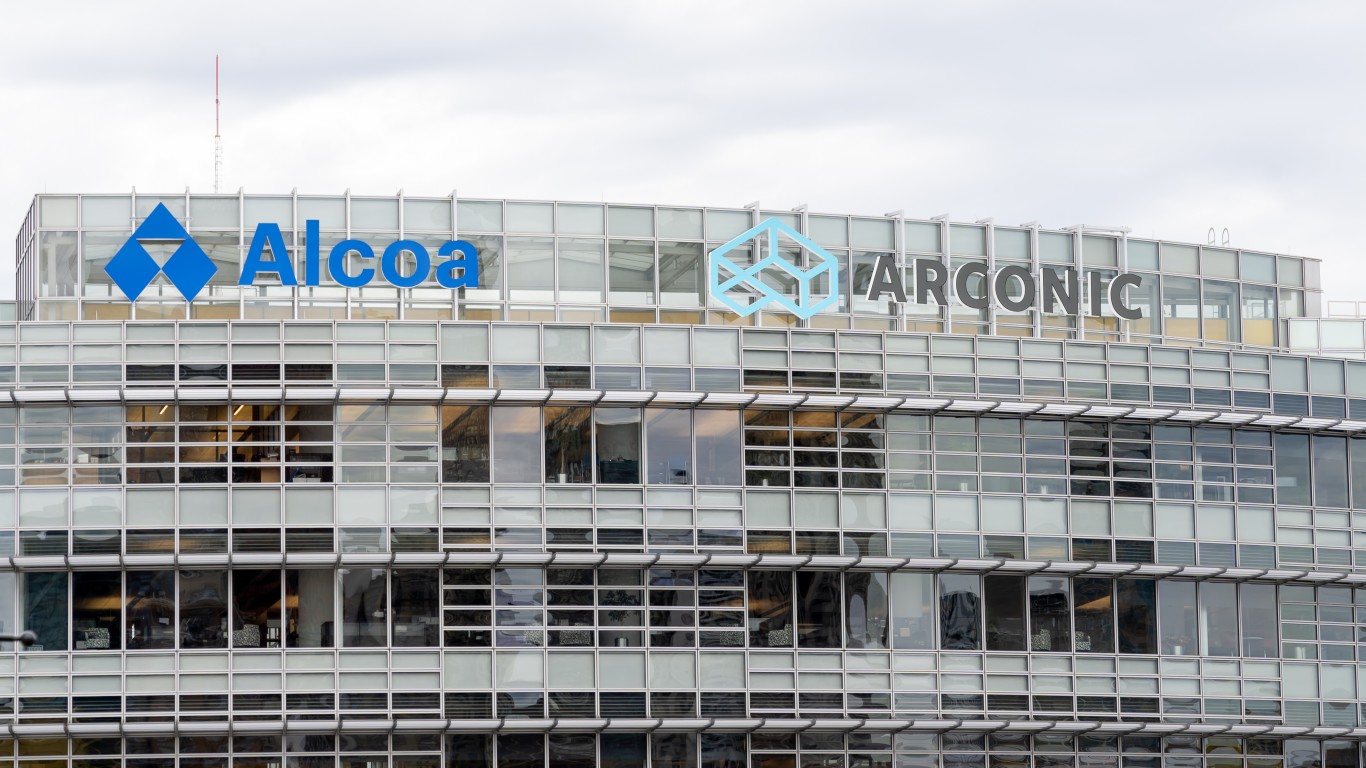
Alcoa stands for Aluminum Company of America, and it is the eighth-largest aluminum producer in the world. It was founded in 1888 in Pittsburgh and remains there to this day. It has managed to purchase large competitors to remain among the strongest materials producers in the country.
However, Alcoa has been the target of many strong criticisms regarding its environmental impact. It was listed as the 15th worst polluter in the United States in 2010 by the Political Economy Research Institute.
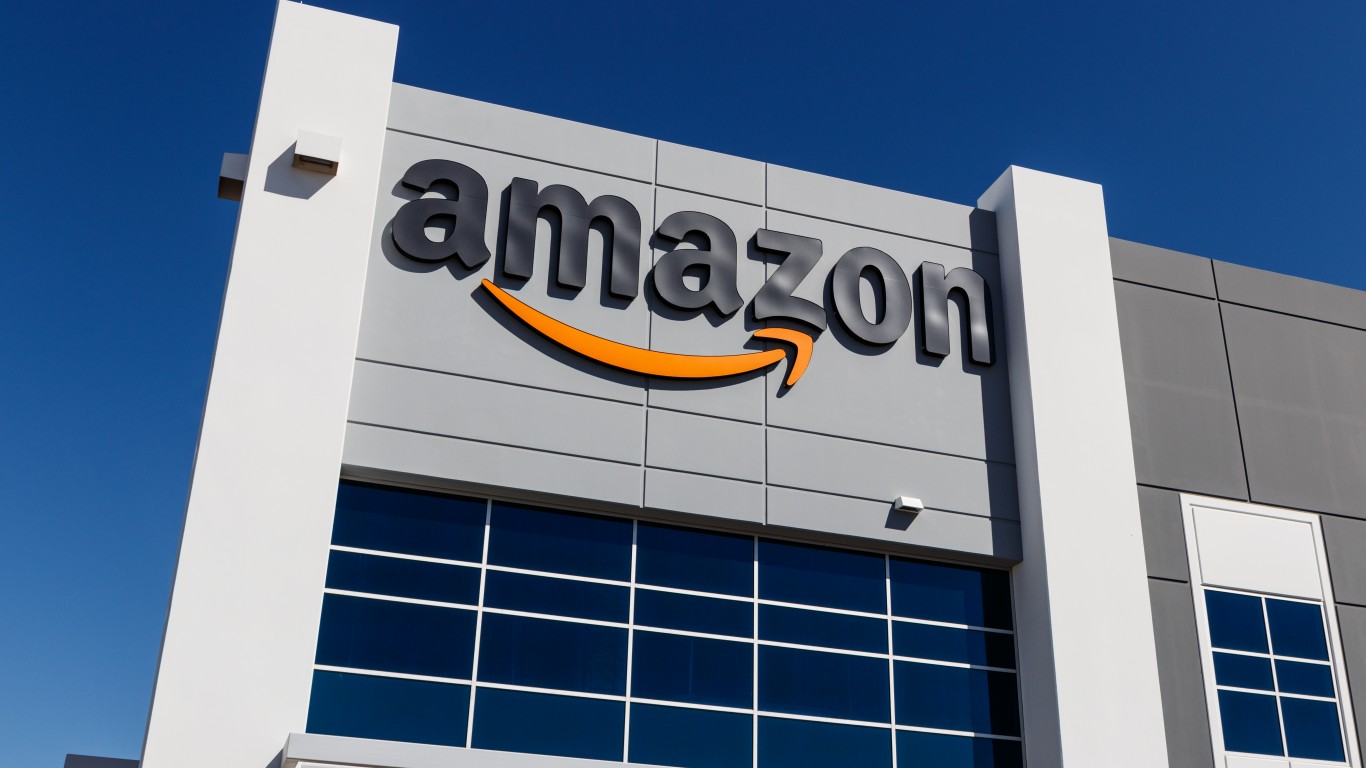
What does one of the largest, most powerful, and richest companies in the world need government welfare for? Great question.
Amazon owns Audible, Diapers.com, IMDb, Twitch, Zappos, Goodreads, Ring, Whole Foods Market, and many more companies. It’s safe to say that wherever Amazon operates, a lot of money will be changing hands (just not in the form of taxes or liveable wages, of course).
In 2019 alone, Amazon had 104 political lobbyists and spent $16.8 million on lobbying politicians.
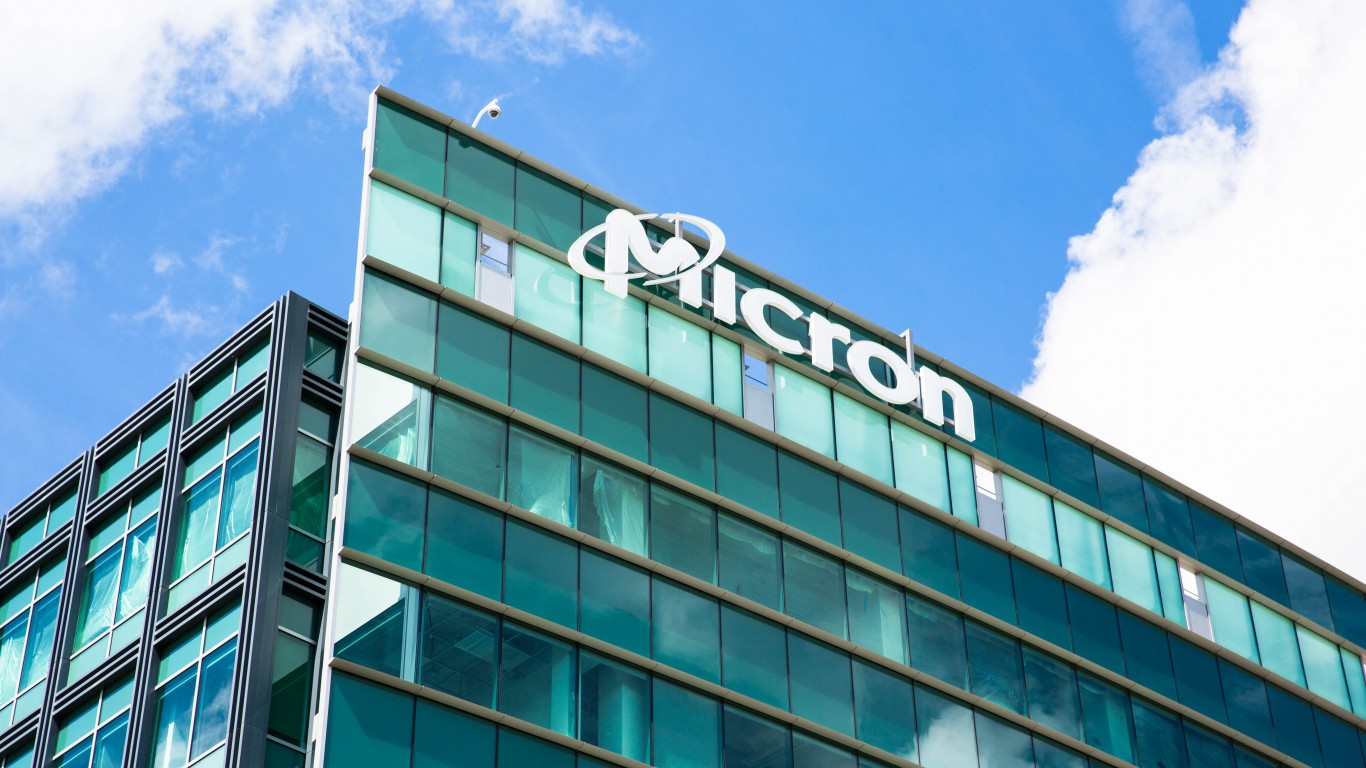
Micron Technology, Inc. is a Boise-based computer memory and data storage manufacturer. In 2023, Micron had a total revenue of $15.54 billion and 43,000 employees. Interestingly, even though Micron is based in Idaho, the vast majority of subsidies were paid by New York state, to the tune of $6.3 billion.
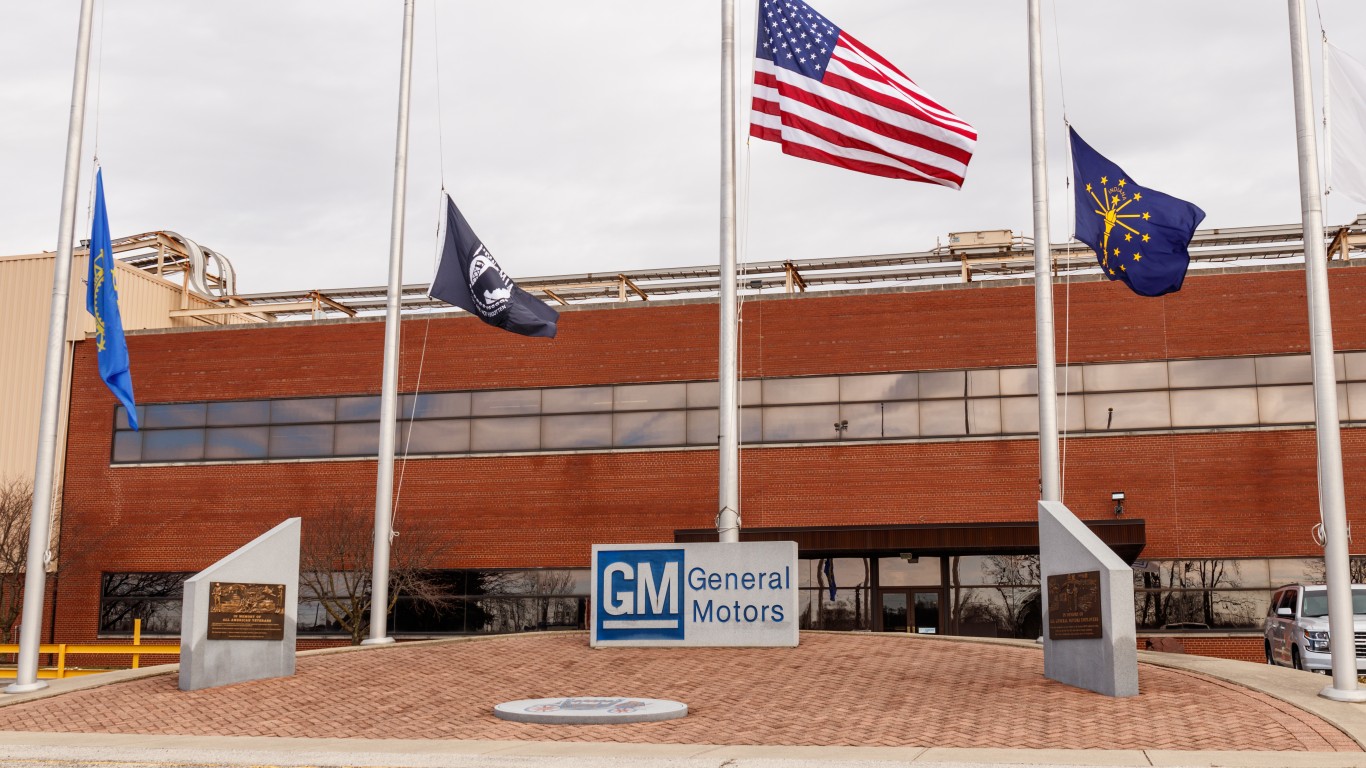
What could possibly be said about General Motors that hasn’t been said already? General Motors managed to survive the decline of the United States automotive decline, but not all on its own. For example, General Motors had to file for bankruptcy in 2009, just months after receiving a $17.4 billion bailout from the government. The failure of the company to actually use the money to help the company avoid failure led to President Obama forcing CEO Rick Wagoner to resign. The United States government has repeatedly invested billions into GM stock to prop up the industry and preserve jobs.
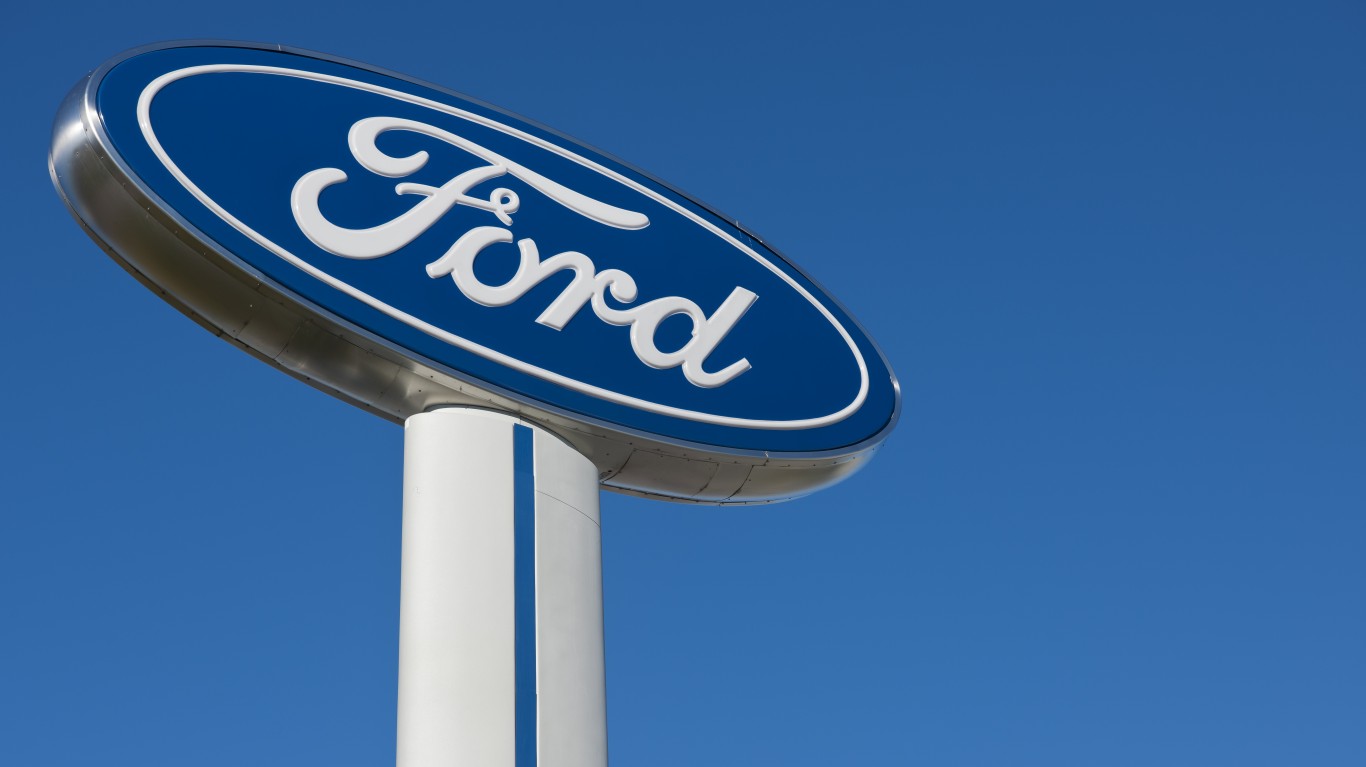
Ford is the second-biggest automobile company in the United States, right behind General Motors, and the sixth-largest in the world. In 2023, Ford produced 4.4 million vehicles leading to revenue of over $176 billion. It currently employs around 177,000 people.
Most of the corporate welfare Ford has received has come from state and local governments, with the majority coming from Michigan. Like General Motors, Ford has also benefited from substantial government loans and bailouts, with over $33 billion in total.
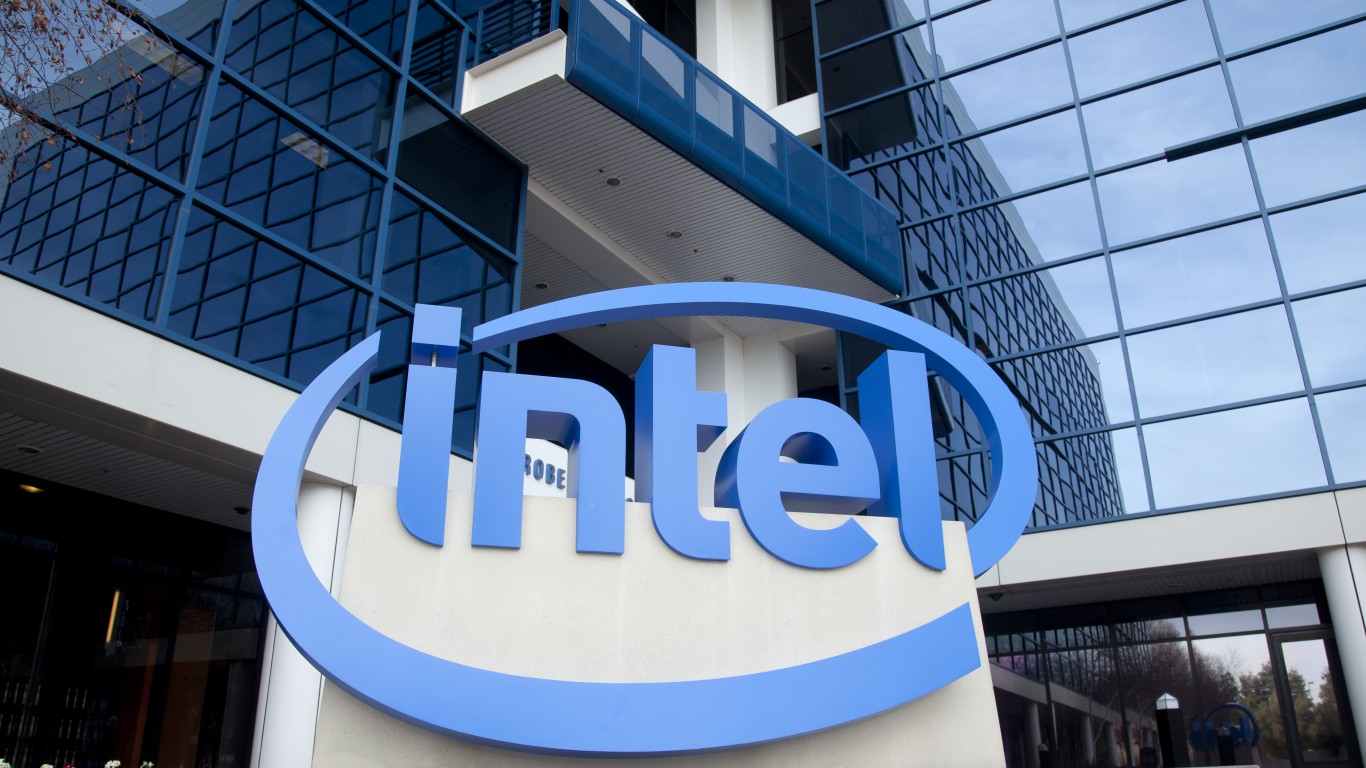
Our last technology company, Intel is a California-based semiconductor manufacturer and the largest semiconductor manufacturer in the world. Intel has been one of the primary and most influential companies in the personal computer industry and computing in general. It has over 124,000 employees around the world and achieved $54.23 billion in revenue in 2023.
Most of the corporate welfare has come from state and local governments. Oregon, New Mexico, and Ohio have been the largest contributors. It has also received over $290 million in government loans and bailout assistance.
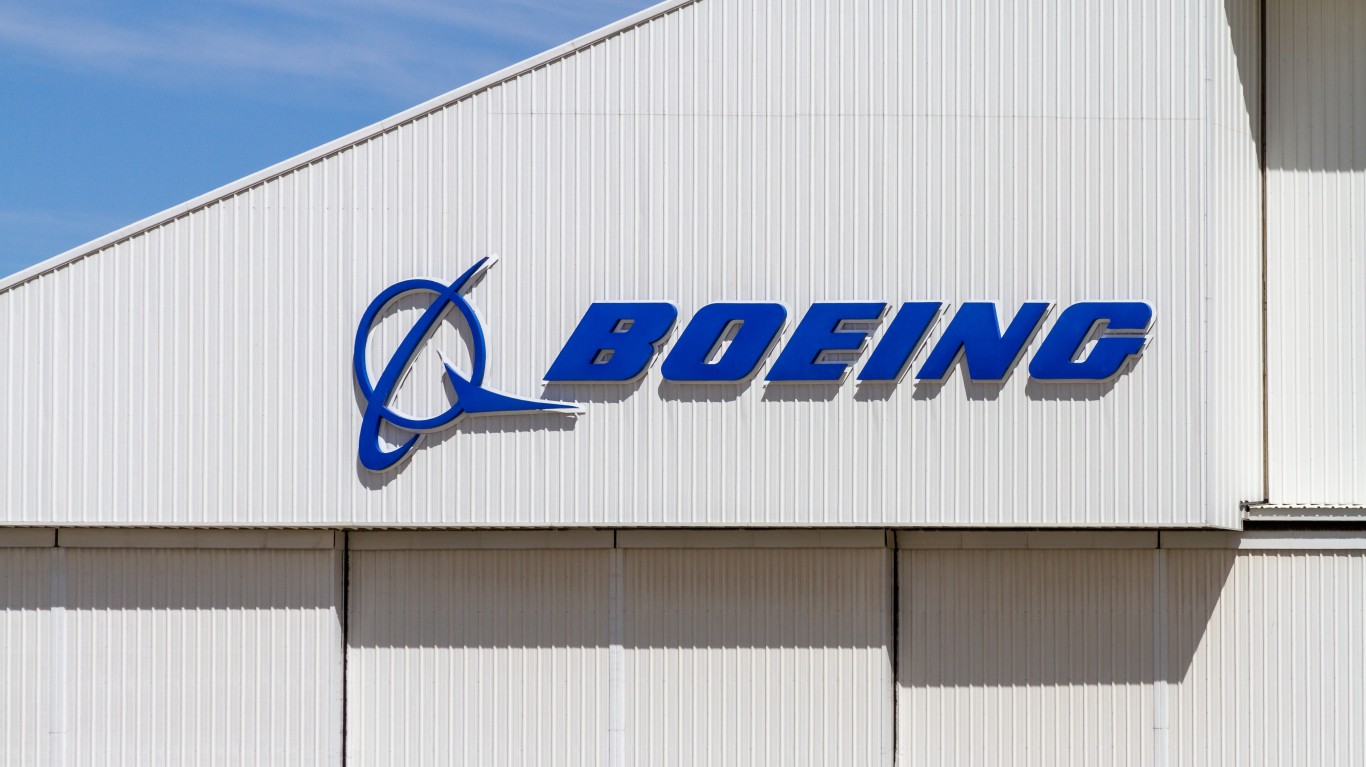
While most of us recognize Boeing for its airplanes (and the most recent headlines regarding Boeing’s faulty aircraft, safety scandals, and investigations) it is also one of the largest manufacturers of rockets, satellites, missiles, and rotorcraft. It is the fourth-largest defense contractor in the world and the largest United States exporter.
Ever since its merger with McDonnell Douglas, Boeing’s tradition of engineering excellence and technological prowess has been replaced with driving up stock prices and maximizing shareholder returns. This shift in priorities has been reflected in the quality of its products. Boeing has also been accused of war profiteering. Specifically, it has sold weapons to forces fighting in the war in Yemen and the 2023 Israel-Hamas War.
The vast majority of Boeing’s corporate welfare has come from Washington state, but it has also received over $74 billion in generous loans and bailout assistance.
Credit card companies are at war, handing out free rewards and benefits to win the best customers. A good cash back card can be worth thousands of dollars a year in free money, not to mention other perks like travel, insurance, and access to fancy lounges. See our top picks for the best credit cards today. You won’t want to miss some of these offers.
Flywheel Publishing has partnered with CardRatings for our coverage of credit card products. Flywheel Publishing and CardRatings may receive a commission from card issuers.
Thank you for reading! Have some feedback for us?
Contact the 24/7 Wall St. editorial team.